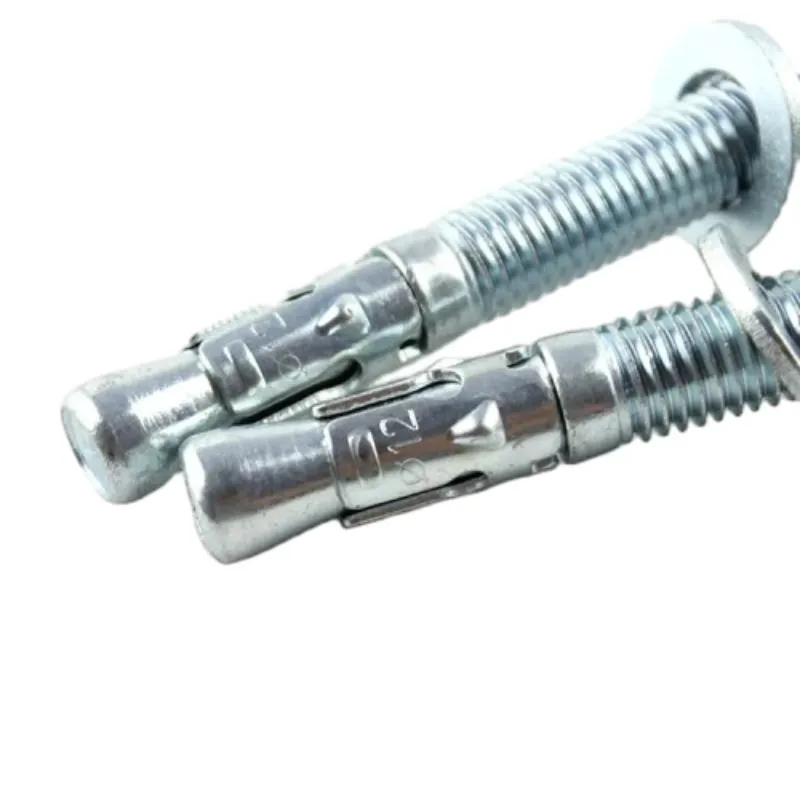nov. . 16, 2024 01:01 Back to list
what screws are best for outdoor use
What Screws are Best for Outdoor Use?
When it comes to outdoor projects, choosing the right screws is crucial to ensure longevity and durability. Outdoor screws are subject to various environmental factors, including moisture, temperature fluctuations, and exposure to UV rays, which can significantly impact their performance. Hence, understanding the types of screws best suited for outdoor use is essential for any DIY enthusiast or professional carpenter.
1. Material Matters
The first consideration in selecting outdoor screws is the material. Stainless steel is often recommended for outdoor applications due to its resistance to rust and corrosion. Type 316 stainless steel screws, often referred to as marine-grade screws, offer superior protection against saltwater environments, making them ideal for coastal regions. For less demanding conditions, Type 305 stainless steel screws can suffice.
Another popular material for outdoor screws is coated steel. These screws usually undergo a galvanization process where they are coated in a layer of zinc to prevent rust. However, while galvanized screws are better suited for general outdoor use than bare steel, they may not last as long as stainless steel in harsh conditions.
2. Type of Coating
Beyond the material, the type of coating on the screw can also play a significant role in its outdoor performance. Many outdoor screws feature a polymer-based coating, such as ceramic or epoxy, which provides additional corrosion resistance. These coatings can protect screws from moisture and environmental chemicals, but it’s essential to note that they can wear off over time, particularly in high-friction applications.
For projects that involve pressure-treated wood, it’s advisable to use screws that are specifically labeled as compatible with treated wood. These screws generally have a coating formulated to withstand the chemicals used in pressure treatment, preventing corrosion over prolonged exposure.
what screws are best for outdoor use

3. Thread Type and Design
The design of the screw can also impact its suitability for outdoor use. Screws with deep, sharp threads are often favored for outdoor projects, as they provide a more secure grip in wood and resistance against pulling out. Additionally, screws designed with a self-drilling tip can eliminate the need for pre-drilling, streamlining the installation process in tough materials.
For decking projects, deck screws are specifically designed with features such as a wider head and special threads that provide extra grip. These screws also tend to be coated to resist corrosion, making them ideal for outdoor conditions.
4. Length and Size Considerations
When selecting screws for outdoor use, consider the length and size relevant to your project. It’s essential to use screws long enough to penetrate the material adequately while ensuring that they do not protrude excessively. This is particularly important in outdoor applications to prevent any potential hazards or damage.
Conclusion
In summary, selecting the best screws for outdoor use is essential for achieving durable and long-lasting results in your outdoor projects. Stainless steel screws, particularly Type 316, stand out for their corrosion resistance, while coated steel screws can also serve well in less severe conditions. Always consider the intended application, environmental exposure, and screw specifications to choose the right fit for your needs. Investing in quality outdoor screws will save you from future repairs and ensure your projects withstand the test of time and weather.


